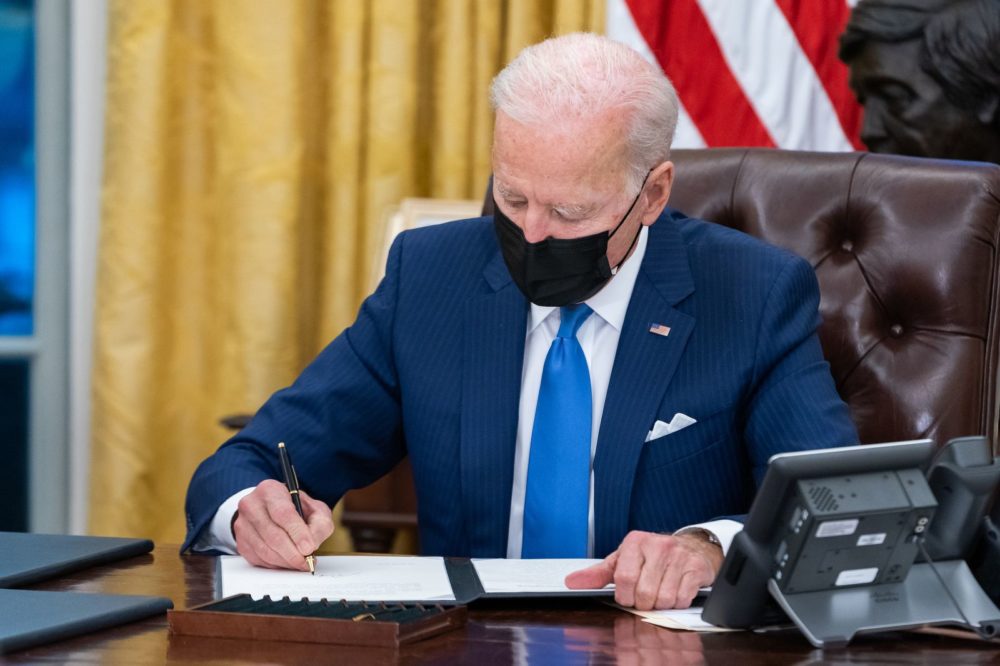- US President Joe Biden’s climate change plan, the Climate 21 Project, calls for the establishment of a ‘carbon bank’ that would pay farmers, ranchers, and foresters to store carbon using regenerative agriculture practices.
- The government-owned Commodity Credit Corporation would be tasked with setting up the bank and offering credits for sequestration. So far, the Biden administration is suggesting $1 billion to purchase carbon credits at $20 per ton.
- The plan hopes to turn various regions across the US into carbon sinks, aiming to offset the country’s 7,000 megatons of greenhouse gas emissions each year.
Why it matters:
A government-backed ‘carbon bank’ aimed at agriculture could provide more incentives to develop technologies that can support burgeoning carbon credits markets. This is not the first time the US government has expressed interest in lending a hand: a recently proposed bill would establish a US Department of Agriculture-led program to provide more transparency and structure to ag carbon credit markets (though not everyone is behind the idea.)
Corporate buyers are also starting to line up to buy carbon credits from a number of ag-related outlets. Microsoft is purchasing $2 million in carbon credits from Land O’Lakes, while Maple Leaf Foods and Epiphany Craft Malt are buying carbon credits from Indigo Ag. E-commerce platform Shopify is purchasing 5,000 credits from carbon marketplace Nori.





